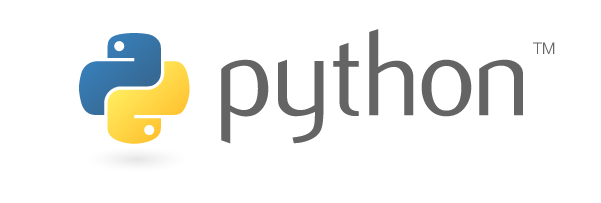Details
Come join PYPTUG at out next monthly meeting (Deceber 18th 2018) to learn more about the Python programming language, modules and tools. Python is the language to learn if you've never programmed before, and at the other end, it is also a tool that no expert would do without.
Main talk: Training Tools - Utilizing Jupyter Notebooks
presented by Joan Pharr
bio:
Joan Pharr is currently a Lead Business Analyst at Valassis Digital. On the side she seeks to save the world with math, facts and a penchant for comedy. Collaborating with others to solve problems and share stories is one of the her favorite aspects of PyData.
Abstract:
Main talk: Training Tools - Utilizing Jupyter Notebooks
presented by Joan Pharr
bio:
Joan Pharr is currently a Lead Business Analyst at Valassis Digital. On the side she seeks to save the world with math, facts and a penchant for comedy. Collaborating with others to solve problems and share stories is one of the her favorite aspects of PyData.
Abstract:
Jupyter Notebooks can be a great tool for teaching and learning in a corporate setting. In this talk I’ll cover three ways I’ve incorporated Jupyter Notebooks into my daily routine:
(1) Using notebooks as templates with information, questions and examples for training new team members.
(2) Collecting notebooks to share code for infrequent requests across our team.
(3) Using notebooks to try new techniques, play with new packages, and quickly test new code.
Lightning talks!
We will have some time for extemporaneous "lightning talks" of 5-10 minute duration. If you'd like to do one, some suggestions of talks were provided here, if you are looking for inspiration. Or talk about a project you are working on.
When:
Tuesday, Decemberr 18th 2018
Meeting starts at 6:00PM
Meeting starts at 6:00PM
Where:
Wake Forest University, close to Polo Rd and University Parkway:
Manchester Hall
room: Manchester 241
Wake Forest University, Winston-Salem, NC 27109
Manchester Hall
room: Manchester 241
Wake Forest University, Winston-Salem, NC 27109
See also this campus map (PDF) and also the Parking Map (PDF) (Manchester hall is #20A on the parking map)
And speaking of parking: Parking after 5pm is on a first-come, first-serve basis. The official parking policy is:
"Visitors can park in any general parking lot on campus. Visitors should avoid reserved spaces, faculty/staff lots, fire lanes or other restricted area on campus. Frequent visitors should contact Parking and Transportation to register for a parking permit."
Mailing List:
Don't forget to sign up to our user group mailing list:
It is the only step required to become a PYPTUG member.

